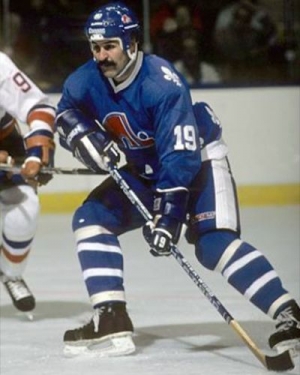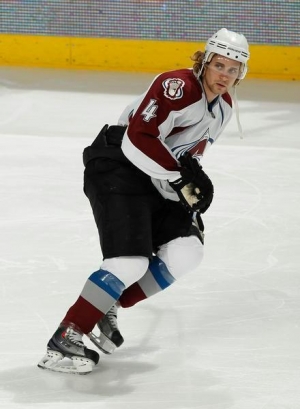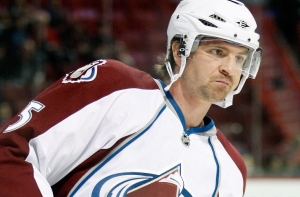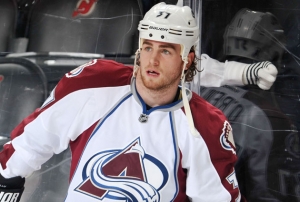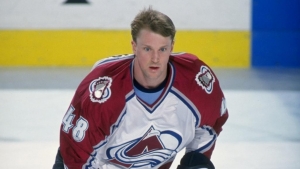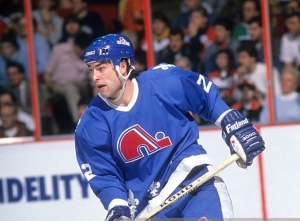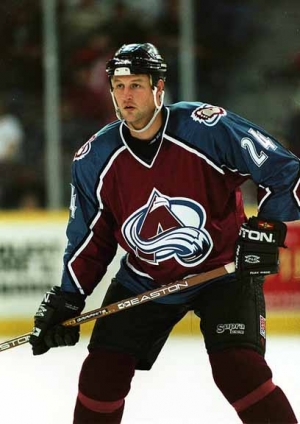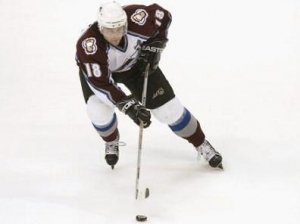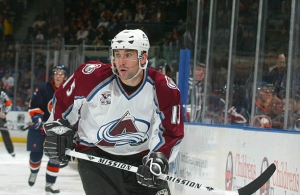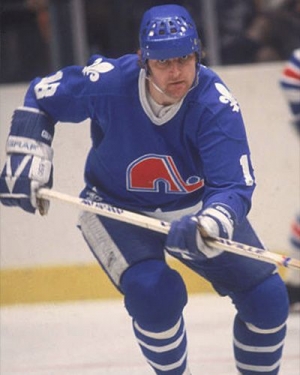Top 50 Colorado Avalanche
The origin of the Colorado Avalanche dates back to the World Hockey Association, where the Quebec Nordiques first took to the ice as a charter member in 1972. The Nordiques were one of the most exciting teams in the WHA, boasting a roster loaded with French-Canadian talent, which translated into success. Quebec would win the Avco Cup in 1977 and were finalists in 1975.
They would enter the NHL in 1979 when the two leagues merged, and in the 1980s, with Michel Goulet and Peter Stastny, they remained exciting, though they could not make it very deep in the playoffs. By the decade's end, they were basement dwellers and perpetually drafting first overall. One such pick was Eric Lindros, who refused to play there, but they dealt him to the Philadelphia Flyers. With what they were able to get in return, they were able to return to the winning side of the ledger.
In the mid-90s, the Nordiques were good again, but playing in a small market, the weak Canadian dollar, and the overall lack of revenue rendered the team as a financial loser. They would be sold to a group in Denver and would relocate as the Colorado Avalanche. With Joe Sakic, Peter Forsberg, and an incoming Patrick Roy, the franchise won their first Stanley Cup in 1996, its first year in its new home. Colorado would win their second Cup in 2001.
They returned to the Finals in 2022, winning their third Cup led by Defenseman Cale Makar, bringing joy to one of the best fanbases in hockey. It will likely remain that way for decades to come.
This list is up to the end of the 2024/25 season.
Note: Hockey lists are based on an amalgamation of tenure, traditional statistics, advanced statistics, playoff statistics, and post-season accolades.


